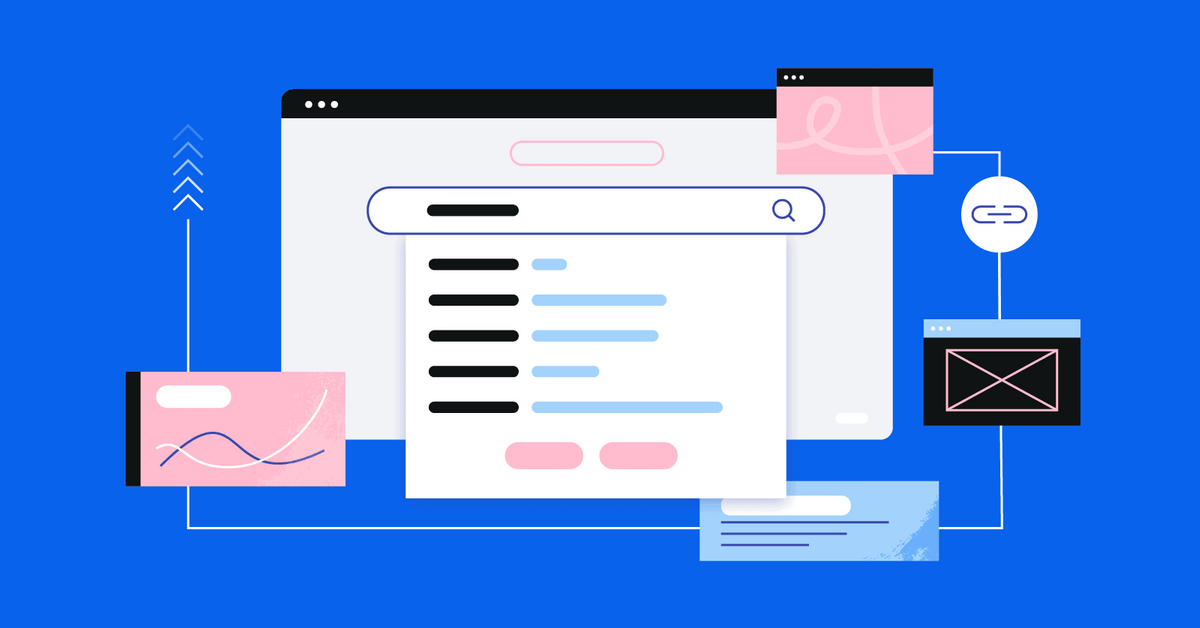
Web development is an exciting and in-demand skill in today's digital age. Whether you're a complete beginner or have some coding experience, online web development tools can significantly ease your journey into the world of web development. In this tools review, we will explore a selection of online web development tools specifically designed for beginners, helping you kickstart your web development journey with ease and confidence.
Codecademy
- Key Features:
- Interactive Learning: Codecademy offers interactive coding lessons in various programming languages, including HTML, CSS, JavaScript, and more.
- Projects and Challenges: It provides hands-on projects and coding challenges to reinforce your learning.
- Community Support: Codecademy has an active community and forums where learners can seek help and collaborate.
- Free and Paid Versions: While there's a free plan, a Pro subscription offers additional features and content.
Best For: Beginners looking for an interactive and guided learning experience with a strong focus on coding exercises and practice.
- freeCodeCamp
- Key Features:
- Comprehensive Curriculum: freeCodeCamp offers a comprehensive curriculum covering HTML, CSS, JavaScript, and more, along with data structures and algorithms.
- Projects: It includes coding projects that allow you to build real-world applications.
- Nonprofit and Free: freeCodeCamp is a nonprofit organization, and all its content is free.
- Interactive Challenges: Interactive coding challenges and certification programs are available.
Best For: Self-motivated beginners who want to learn web development through hands-on projects and earn certifications in the process.
- MDN Web Docs (Mozilla Developer Network)
- Key Features:
- Thorough Documentation: MDN Web Docs offers in-depth documentation on web technologies, including HTML, CSS, and JavaScript.
- Tutorials and Guides: It provides tutorials, guides, and code examples to help you understand and apply web development concepts.
- Interactive Code Playgrounds: MDN offers interactive code playgrounds for experimenting with code.
- Free and Open Source: All resources on MDN are freely accessible and open source.
- Best For: Beginners who prefer a self-paced learning approach and want to deeply understand web technologies through documentation and examples.
- Coursera
- Key Features:
- University Courses: Coursera offers web development courses from top universities and institutions.
- Structured Learning: Courses are structured with video lectures, assignments, and quizzes.
- Certificates: Completing courses often leads to certificates from the respective institutions.
- Free and Paid Courses: While many courses are paid, some offer free auditing options.
- Best For: Beginners seeking a structured and academically rigorous approach to web development.
- CodePen
Key Features:
- Code Playground: CodePen is an online code editor and playground where you can write HTML, CSS, and JavaScript code.
- Live Preview: It offers a live preview of your code, making it easy to see the results instantly.
- Sharing and Collaboration: CodePen allows you to share your code snippets and projects with others for feedback and collaboration.
- Free and Paid Plans: While there's a free plan, a Pro subscription provides additional features.
Best For: Beginners who want to experiment with code, create web projects, and share their work with a community of developers.
Conclusion
These online web development tools for beginners offer a variety of learning experiences, from interactive coding exercises to comprehensive documentation and university-level courses. The choice of tool depends on your learning style, goals, and preferences. Whether you prefer guided lessons, hands-on projects, in-depth documentation, or a combination of these approaches, these tools can help you build a strong foundation in web development and set you on the path to becoming a proficient web developer. Remember that consistency, practice, and a willingness to learn are key factors in your success as a web developer.
